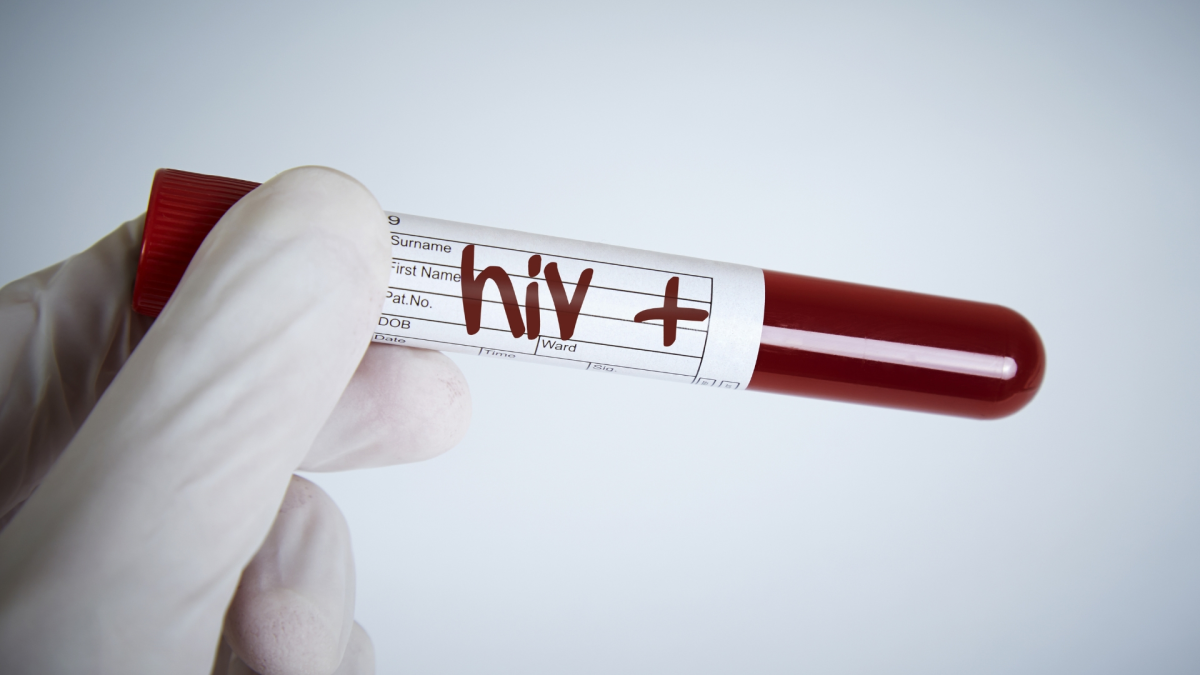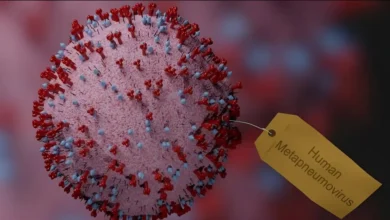Patients with few options have hope thanks to Lenacapavir’s demonstrated great success in treating multidrug-resistant instances.
The US Federal Drug Administration (FDA) recently approved a new prototype drug called Lenacapavir, marking a major advancement in the treatment of HIV. It treats people with multidrug-resistant HIV using a special method that involves twice-yearly injections.
The magazine Science has named Gilead Sciences’ creation of Lenacapavir the 2024 Breakthrough of the Year.
“A pivotal step towards diminishing HIV/AIDS as a global health crisis,” it said.
Lenacapavir’s debut has the potential to significantly advance HIV/AIDS treatment worldwide.
It might contribute to the accomplishment of UN Sustainable Development Goal 3, which aims to eradicate HIV/AIDS as a hazard to public health and transition to a sustainable HIV response beyond 2030.
The discovery coincides with the fact that, since its discovery in the early 1980s, HIV/AIDS has remained a significant global public health concern.
Since its discovery in the United States, HIV/AIDS has infected over 88 million people and taken over 42 million lives globally. By the end of 2023, 39.9 million people worldwide were living with AIDS.
Even while antiretroviral therapy (ART), a mix of HIV medications used to treat infected patients, has revolutionised HIV management, it still presents many difficulties, especially for those with multidrug-resistant strains of the virus.
Early in the 20th century, HIV most likely spread from non-human primates to humans in Central and West Africa through zoonotic transmission.
However, the virus that causes what is now known as AIDS (acquired immunodeficiency syndrome) was not discovered until 1983 by French researchers.
This was the beginning of a worldwide battle against a virus that weakens the immune system, making people susceptible to opportunistic infections and some types of cancer.
The FDA’s 1987 approval of AZT marked the beginning of antiretroviral therapy, which revolutionised HIV treatment. The FDA has already approved more than 50 antiretroviral medications, providing a variety of choices for efficiently managing the virus.
Despite these developments, HIV is still incurable, and many patients still struggle with issues like drug resistance, necessitating the development of new therapeutic approaches.
Comparing HIV to the recent COVID-19 pandemic aids in understanding its effects.
In contrast to AIDS, which is still incurable and can only be treated with antiretroviral medications, COVID-19 is primarily avoidable by vaccinations and treatments.
Within a short period of time, COVID-19 killed almost seven million people globally. The COVID-19-causing respiratory viruses, such as SARS-CoV-2, have been thoroughly researched, and the vaccine’s development goals have been thoroughly described.
On the other hand, HIV’s extended latency period, high mutation rate, and incorporation into human DNA have made vaccine development very difficult.
HIV progressively impairs the immune system, resulting in chronic susceptibility to infections like tuberculosis, which leads to far greater mortality rates than COVID-19, which mostly causes acute illness.
Discrimination and stigma, especially within marginalised populations, significantly hamper efforts to eradicate HIV.
Two-thirds of HIV-positive individuals are thought to reside in sub-Saharan Africa, which makes about 15% of the world’s population. Every week, almost 4,000 young women and adolescent girls contract HIV for the first time (2022 statistics).
The FDA’s approval of Lenacapavir, a first-in-class medication intended for people with multidrug-resistant HIV, is significant in this regard.
Comprehensive clinical trials carried out worldwide, notably in numerous Latin American nations, South Africa, Thailand, and the United States, proved Lenacapavir’s effectiveness.
“Lenacapavir was highly effective at reducing HIV infections among trial participants: 99.9% of participants did not acquire HIV in the Lenacapavir group, with two incident cases among 2,179 participants (0.10/100 person-years, 95% CI, 0.01 to 0.37),” according to the details of Gilead’s clinical trials study, PUPOSE 2.
The study asserted that this was true even if PURPOSE 2 participants had been found to have high rates of chemsex, sexual behaviour, and STDs.
According to the trials, it can considerably lower viral loads, especially in individuals who have tried every other kind of treatment.
Patients with few options have hope thanks to Lenacapavir’s demonstrated great success in treating multidrug-resistant instances.
Lenacapavir administration consists of a loading dosage taken orally and then subcutaneous injections every six months. Lenacapavir targets the HIV capsid, a protein coating that shields the genetic material of the virus.
To guarantee complete viral suppression, the medication must be taken in conjunction with other antiretroviral drugs; it is not a stand-alone treatment.
It is being hailed as an early vaccine-like innovation in HIV therapy, offering prolonged viral suppression that reduces daily treatment loads, and its novel mechanism and extended dose schedule have been called a game-changer in HIV care.
This streamlined schedule increases compliance and lowers the possibility of treatment failure from missing doses.
However, Lenacapavir’s present cost is a substantial barrier to its broad usage, especially in low- and middle-income countries with high rates of HIV infection.
Significant differences in early pricing have prompted requests for international cooperation and subsidies to make the medication available to those who need it the most.
The Global Fund to Fight AIDS has already partnered with a number of other foundations in an attempt to make the twice-yearly injectable medication accessible and inexpensive.
This would require “regulatory approval from the World Health Organisation (WHO), relevant national pharmaceutical regulators, and the U.S. Food and Drug Administration.”
But now the FDA has given the medication its approval. In a number of nations, Lenacapavir has also been authorised for use in combination with other antiretroviral medications to treat adults with multiple drug-resistant HIV.
The medication may also help stop new HIV infections, according to some evidence. Gilead declared in October of this year that it has “signed non-exclusive, royalty-free voluntary licensing with six pharmaceutical companies to manufacture and supply high-quality, low-cost versions of Lenacapavir for HIV prevention for 120 countries, primarily low- and lower-middle-income countries.”
Although Lenacapavir’s creation represents a significant advancement in the battle against HIV, it also emphasises the significance and necessity of ongoing research for more effective HIV medicines, such as novel anti-HIV vaccines, and equitable healthcare policy.
Although the battle against HIV is still ongoing, Lenacapavir shows promise for better HIV care.





